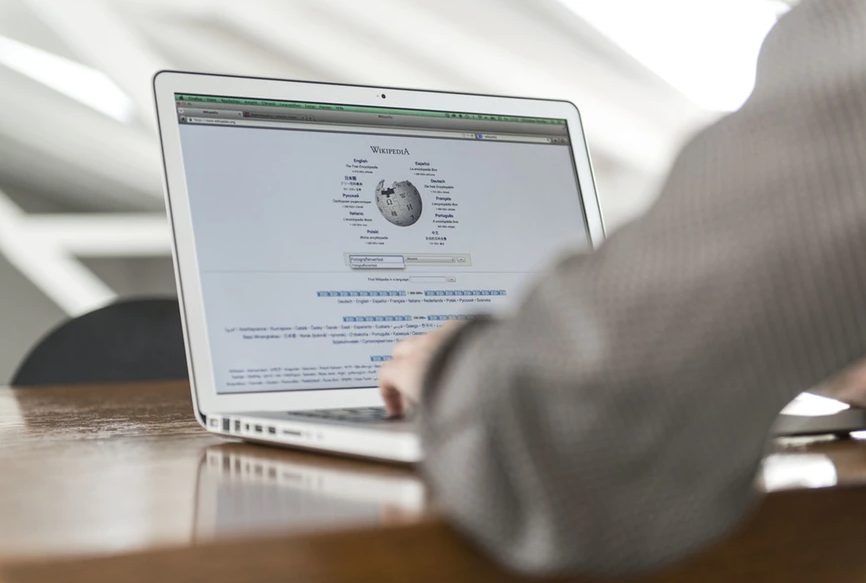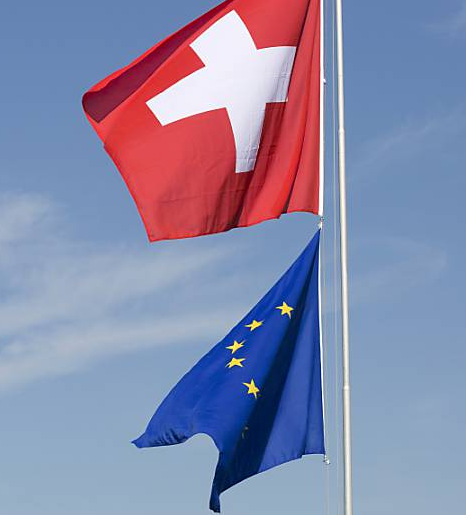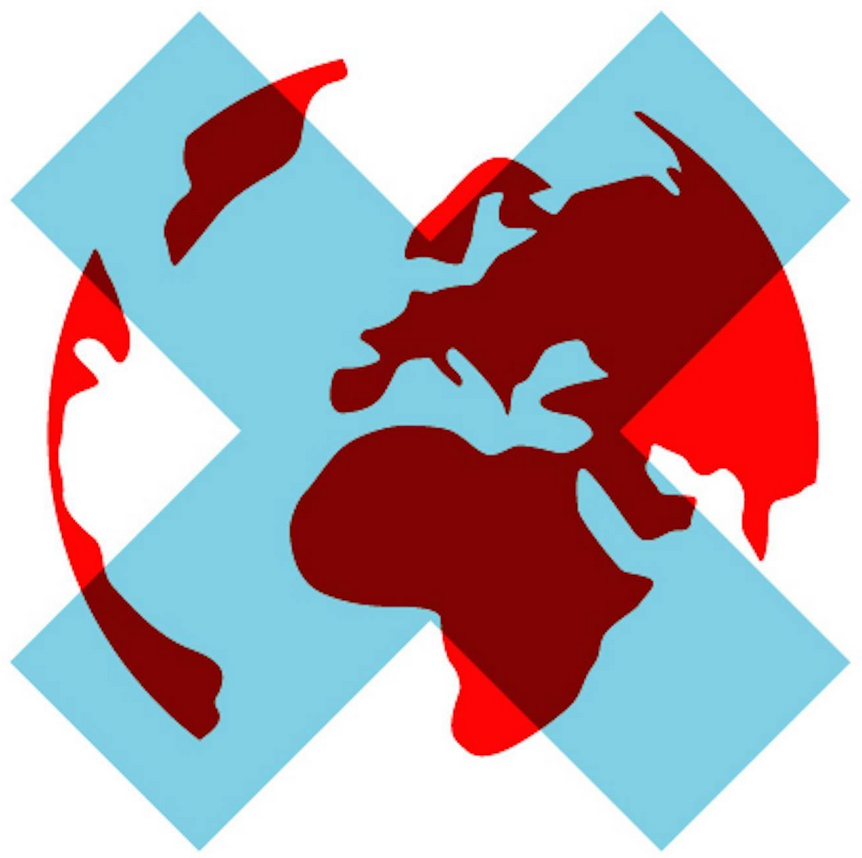Since the start of the war in Ukraine, many Russian internet users have been using the Swiss software Kiwix to download Wikipedia fearing that it will soon be banned. © Keystone / Christian Beutler The Swiss software Kiwix enables the user to copy entire websites so they can be accessible offline. Now that Wikipedia risks sanction in Russia because of its content on the Ukraine war, downloads of the free online encyclopaedia using Kiwix are off the charts. Wikipedia is one of the few sources of information on the Ukraine war not yet censored in Russia, but it is on the Kremlin’s radar. Since the beginning of March, Wikimedia, the American foundation that runs Wikipedia, “has received several warnings from the Russian government… calling upon it to suppress
Topics:
Swissinfo considers the following as important: 3.) Swissinfo Business and Economy, 3) Swiss Markets and News, Featured, newsletter
This could be interesting, too:
Nachrichten Ticker - www.finanzen.ch writes Die Performance der Kryptowährungen in KW 9: Das hat sich bei Bitcoin, Ether & Co. getan
Nachrichten Ticker - www.finanzen.ch writes Wer verbirgt sich hinter der Ethereum-Technologie?
Martin Hartmann writes Eine Analyse nach den Lehren von Milton Friedman
Marc Chandler writes March 2025 Monthly

Since the start of the war in Ukraine, many Russian internet users have been using the Swiss software Kiwix to download Wikipedia fearing that it will soon be banned. © Keystone / Christian Beutler
The Swiss software Kiwix enables the user to copy entire websites so they can be accessible offline. Now that Wikipedia risks sanction in Russia because of its content on the Ukraine war, downloads of the free online encyclopaedia using Kiwix are off the charts.
Wikipedia is one of the few sources of information on the Ukraine war not yet censored in Russia, but it is on the Kremlin’s radar. Since the beginning of March, Wikimedia, the American foundation that runs Wikipedia, “has received several warnings from the Russian government… calling upon it to suppress verified, factual information in the articles”, a spokesperson told SWI swissinfo.ch via email.
The Russian state agency that regulates communications, Roskomnadzor, has faulted Wikipedia for having pages referring to a “Russian invasion of Ukraine”, whereas it is illegal to use anything but the official terminology, according to which it is a “special military operation”. On April 5, Roskomnadzor again urged the site to delete “the material containing inaccurate information”, warning it could face a fine of up to four million rubles (CHF47,000).
For the time being Wikipedia says it has obeyed no injunction. “These repeated demands do not change our commitment to protecting the right… to find and share free, open and verifiable information,” says the foundation’s spokesperson. Many fear that this defiance will soon see the site banned, as happened already with Twitter, Facebook and Instagram.
A boom in downloads
The current information war is revolutionising the use of Kiwix, a Swiss software that has won several innovation awards. Free to users, it copies entire websites and compresses them down to a size where they can be downloaded to a computer, phone or USB stick. They can then be consulted offline.
Kiwix offers a library of about 8,000 sites, all of them educational. Included are TED talks, the online library of Project Gutenberg, medical encyclopaedias, and Wikipedia, the most popular resource.
In response to the threat from Roskomnadzor, “a banner has been put on the Russian version of Wikipedia, warning that the site may be blocked and suggesting Kiwix as a work-around”, says Stéphane Coillet-Matillon, CEO of the Lausanne-based Kiwix organisation. “From one day to the next, the number of downloads just exploded.”
Since the start of the war in Ukraine on February 24, the overall volume of downloads using the platform has tripled, jumping from 2,000 a day to 6,000. Traffic from Russia is now about 40% of the total, whereas at the beginning of the year it was only 2%.
Wikipedia downloads in Russian have increased fiftyfold, from about 100 downloads daily before February to an average of 5,000 by the end of March.
“We have 5,000 new users every day, and 90% of those using us on iPhone are now based in Russia,” says Coillet-Matillon. He recognises this is “a real paradigm shift” from what Kiwix was when it started.
How Kiwix took shape
At the time of its launch in 2007, the software was a side-project of the two computer scientists Renaud Gaudin and Emmanuel Engelhart, who remain on the Kiwix team. Both are “free software” developers, who favour free access to information and don’t believe that a digital divide between wealthier and poorer nations is inevitable.
The project took on a new dimension in 2016, after the pair had a discussion with Coillet-Matillon, who then headed the Swiss arm of Wikimedia. Asked for some financial support, he realised the potential of this piece of software, which boasted at the time about a million downloads per year.
“At that point, I just had a flash that this should be more than just one of those little pet projects people do in their spare time,” he recalls.
Less than a year later, the Kiwix association was formed to develop the tool further. Coillet-Matillon took the leadership role, but the connection with Wikimedia remained. About 40% of the organisation’s annual budget is funded by the head office of the foundation in the US, which also provides guidance on running the association. Wikimedia and its Swiss arm have representation on the board of Kiwix.
“Kiwix thus became a full-time job, and we were out looking for our own funding and recruiting developers,” says the CEO. Currently, the association has fewer than five full-time employee positions, but it collaborates with more than 100 volunteer developers around the world.
Whereas there were a million users in 2017, the number of users is now about six million, spread over 200 countries and territories – including Antarctica. “That’s only counting the people we know of,” points out Coillet-Matillon. “By definition, many just use us offline and never actually appear on our servers.”
The target is for Kiwix to reach 100 million users within five years.
Coillet-Matillon thinks that being based in Switzerland provides “an advantage that may not be quantifiable, but that is far from negligible”.
“Paradoxically, our product is not needed in Switzerland, but its life is much simpler because it is made in Switzerland,” he points out, citing stability along with a reputation for quality and neutrality among the favourable factors.
Switzerland also provides specific advantages to ed-tech start-ups such as tax breaks, and it nourishes innovation through incubator programmes including GENiLEM, in which Kiwix participated.
From education to bypassing censorship
Under normal circumstances, 80% of Kiwix users come from developing countries. The initial aim of the platform was to facilitate access to education in remote areas with no or limited access to modern communication networks; four billion people in the world are not on the internet, the association points out.
Bu the Kiwix team know well that their product is also being used to get around state propaganda. The most striking example is North Korea, where dissident groups use Kiwix to save content to USB sticks, which then “disappear” on the street, providing a life-line to the outside world.
Kiwix is also used in some developed countries with better connectivity, but where internet access is likely to be blocked. In Turkey, the ban on Wikipedia from 2017 to 2020 meant increased downloads. Before the war the tool was also used to some extent in Russia, Iran and especially China. Last year China had the largest number of downloads (nearly 20% of the total).
In these countries, people using Kiwix tend to be middle-class, Coillet-Matillon says. “They may not be actively fighting censorship, they just want to have access to a quality product they can’t get in their own country.”
Unwilling activists
According to its CEO, Kiwix has never had such high-volume traffic as it did in the past few weeks, and that raises questions. The association doesn’t see its job as opposing Moscow outright. “Our mission is free access to information. That has made us unwilling activists,” he says.
So should Kiwix be promoted as a tool to bypass censorship?
“If we start to put ourselves forward as a group that fights state censorship, there would be political exposure involved for the foundations that fund us,” Coillet-Matillon says.
So the team weighs its choices. After having thought at first it would offer a selection of articles in Russian on the Ukraine war for download, it decided not to, thinking that “this move would have meant taking sides”. Instead, Kiwix has been compiling packages of medical documentation, especially battlefield medicine, which it promoted on Ukrainian Google in March. This was a new departure for a group that has never advertised.
Coillet-Matillon plays down the risks Kiwix might be running. Technically, even though it would not be completely impossible for a country to block its operations, it would be a very complicated task, he believes. The organisation’s servers are scattered around the world – there are none in Lausanne – and there are about 20 mirror sites of Kiwix in existence, in different countries. Furthermore, a cyberattack on Kiwix would serve no purpose, since its code is free, and “there are copies of it all over the place”.
Coillet-Matillon adds that security programmes to fend off any cyberattacks have always been part of “the way we live” for the organisation, which collects no personal data. “The best defence is to be prepared – and we are,” he says.
Be that as it may, he would be surprised if Kiwix was considered a worthwhile target by hackers. “We’re not a major player,” he says. “And we still regard ourselves as providing a kind of educational software; we have our mission, we work at it, but we don’t think we are saving the world or anything like that.”
Translated from French by Terence MacNamee
Tags: Featured,newsletter








